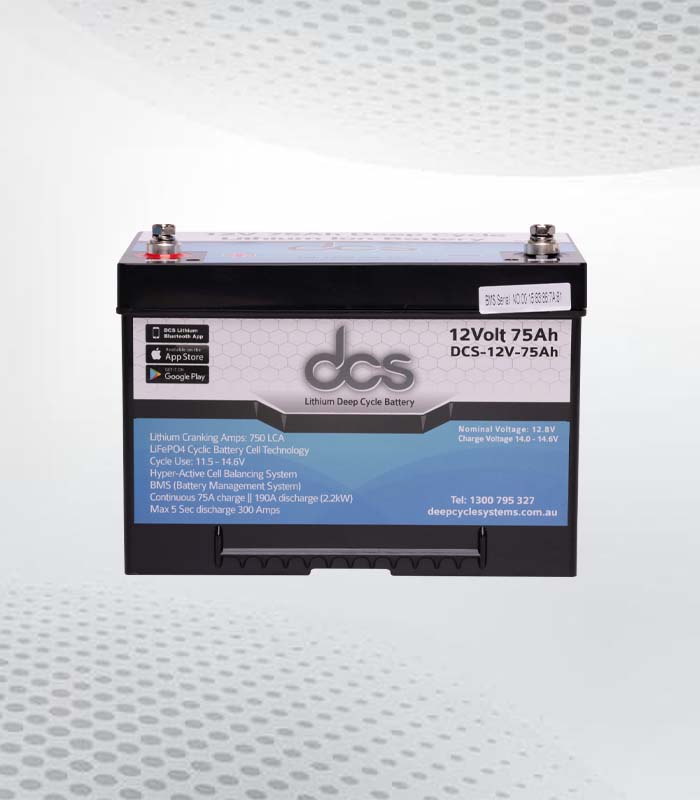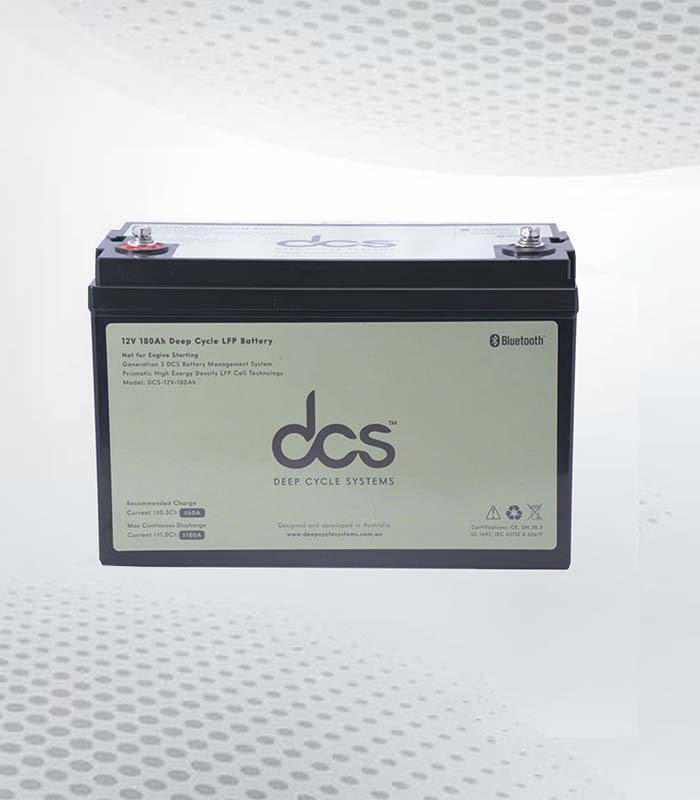Imagine cruising through serene landscapes in a golf cart, powered by reliable energy that knows no bounds. With the rise of off-grid living, lithium golf cart batteries have emerged as a game-changer for outdoor enthusiasts and eco-conscious individuals. These innovative power sources transform how we experience nature, providing efficient performance without the hassles associated with traditional batteries.
Lithium technology is not just about convenience; it’s about embracing the freedom to explore remote locations without being tethered to a charging station. Whether using your golf cart for leisurely rides or practical daily tasks, understanding lithium cart batteries can elevate your adventures while also contributing positively to the environment. Let’s dive into this exciting world of energy solutions tailored for those who seek adventure beyond city limits!
How do Lithium Batteries Work?
Lithium batteries operate on the principle of lithium-ion technology. They store energy in a chemical form and release it as electricity when needed. Inside these batteries, lithium ions move between two electrodes: the anode (usually graphite) and the cathode (often made from lithium metal oxides). During charging, lithium ions travel from the cathode to the anode, where they are stored until power is required.
When you use energy, these ions flow back to the cathode through an electrolyte solution. This movement generates an electric current that powers your devices or vehicles. The efficiency of this process allows for rapid charging and discharging cycles. As a result, users enjoy longer run times with minimal downtime for recharging. This dynamic makes lithium batteries appealing for off-grid living applications like golf carts, solar systems, etc. Their reliability ensures you’re always ready to go.
Benefits Of Using Lithium Ion Golf Cart Batteries
Lithium ion golf cart batteries are a game changer for off-grid living. Their lightweight design makes them easy to transport, perfect for those who need mobility in remote areas. These batteries offer superior energy density. This means you can store more power in a smaller space than traditional options. You’ll have enough juice to run essential appliances without worrying about frequent recharges.
Another significant advantage is their longer lifespan. With proper care, lithium batteries typically last up to ten years or more, reducing replacement costs and environmental impact over time. Fast charging is also a key benefit. These batteries can be recharged quickly, ensuring you’re ready to go when adventure calls. Additionally, they perform well in extreme temperatures, making them reliable regardless of weather conditions. Lithium batteries maintain efficiency where others might falter, whether in sweltering heat or frigid cold.
Cost Comparison: Lead-Acid vs. Lithium golf-cart batteries
When considering power solutions for your golf cart, the cost comparison between lead-acid and lithium batteries is crucial.
Lead-acid batteries are often cheaper upfront. However, they have a shorter lifespan and require more frequent replacements. This can add up quickly over time.
On the other hand, lithium batteries come with a higher initial price tag but offer significant longevity. They typically last three to five times longer than their lead-acid counterparts.
Additionally, lithium technology provides better efficiency and faster charging times. Due to lower electrolyte management needs, users enjoy reduced maintenance costs.
While lead-acid might initially seem budget-friendly, investing in lithium could save you money through enhanced performance and durability.
Tips for Choosing the Right Lithium Battery for Your Needs
When selecting a lithium battery, start by assessing the required capacity. Based on your off-grid activities and usage patterns, determine how much power you’ll need.
Consider the battery’s size and weight, too. Lithium batteries are generally more compact than their lead-acid counterparts, but it’s essential to ensure they fit in your intended space.
Check the discharge rate as well. Some applications may require batteries that can handle high bursts of energy, particularly if you’re powering multiple devices simultaneously.
Don’t forget about compatibility with existing systems or equipment. Ensure your charger and other components work seamlessly with the new battery.
Review warranty options provided by manufacturers. A reliable warranty reflects product confidence and can save you money should any issues arise.
Applications Of Li Ion Golf Cart Battery
Lithium golf-cart batteries are incredibly versatile and can be used in various applications beyond just powering golf carts.
- One popular application is in electric vehicles. Li ion golf cart battery provides a more extended range and faster charging times than traditional lead-acid options.
- Lithium technology also benefits recreational vehicles (RVs) significantly. Its compact size allows for efficient use of space, making it easier to travel off-grid without sacrificing comfort.
- For marine enthusiasts, these batteries offer reliable power for boats and yachts. They withstand harsh conditions while ensuring that all onboard electronics function seamlessly.
- Another intriguing use is in solar energy storage systems. Lithium batteries store excess energy generated during sunny days, providing consistent power when needed most.
With their adaptability, lithium battery solutions continue expanding into new realms of off-grid living, enhancing experiences wherever they’re applied.
Maintenance and Safety Tips for Long-Lasting Performance
Regular maintenance is crucial for ensuring the longevity of lithium golf-cart batteries. Start by checking connections and terminals for any signs of corrosion or loose fittings. A clean connection ensures optimal performance.
Monitor your battery’s state of charge frequently. Lithium batteries thrive when kept between 20% and 80% capacity, preventing deep discharges that can affect lifespan.
Temperature management is equally important. Store your batteries in a cool, dry place to avoid overheating during extreme weather conditions.
Safety should always come first. Use protective gear when handling batteries, as they contain chemicals that can be hazardous if mishandled.
Familiarize yourself with the manufacturer’s guidelines regarding charging cycles and storage practices to maximize efficiency and safety over time. Regularly inspecting these key areas will keep your lithium golf-cart batteries performing at their best for years.
Additional Accessories and Features
A few additional accessories can significantly enhance the performance of lithium golf-cart batteries. Battery management systems (BMS) are essential for monitoring voltage and temperature. They help ensure safety while maximizing battery lifespan. Another useful accessory is the smart charger. These chargers can adjust their output based on the battery’s state of charge, optimizing charging times and efficiency.
Solar panels can also be integrated with your system for those who venture off-grid frequently. This allows you to harness renewable energy, extending your time away from traditional power sources. Don’t forget portability features like carrying handles or mounts that facilitate easy installation and removal. Such enhancements contribute not only to convenience but also to the overall user experience in various environments.
Specifications of golf-cart batteries
Specifications are significant when choosing lithium golf-cart batteries. These batteries commonly come in various voltages, with 12V and 48V being popular choices for most applications.
- Capacity is also crucial; look for amp-hour ratings that indicate how much energy a battery can store. A higher rating means longer usage times between charges.
- Weight is another factor to consider. Lithium batteries are generally lighter than lead-acid counterparts, making installation easier and enhancing vehicle performance.
- Check the discharge rate as well. This metric informs you how quickly the battery delivers power when needed and affects your overall efficiency during off-grid living situations.
Temperature tolerance should also not be overlooked. Many lithium options perform well under extreme conditions but always verify specific limits to ensure reliability in diverse environments.
Maintenance & Considerations
Maintaining lithium golf-cart batteries is essential for longevity and peak performance. Unlike traditional lead-acid batteries, they require less frequent upkeep. However, routine checks can still enhance their lifespan.
Monitor the battery’s state of charge regularly. Keeping it between 20% and 80% enhances efficiency while preventing damage from over-discharge or overcharging.
Tmperature plays a crucial role in battery health. Store your batteries in a cool, dry place to avoid overheating or freezing conditions that could impact their capabilities.
Be aware of signs indicating potential issues, such as unusual swelling or decreased capacity. Addressing these problems early can prevent larger headaches later on.
Invest in quality cables and connectors to ensure efficient energy transfer. Proper connections reduce heat buildup and maintain optimal functionality over time.
Installation Tips
Proper placement is key when installing lithium batteries. Ensure you have a secure area in your cart that can accommodate the battery’s size and weight.
Use high-quality connectors to prevent any potential power loss. These connections should be tight to avoid corrosion over time.
Pay attention to polarity during installation. Misconnecting positive and negative terminals can lead to severe damage or malfunction.
If your environment is prone to moisture or dust, consider using a protective case for your battery. This extra layer of protection extends its lifespan.
Always consult the manufacturer’s instructions before proceeding with the installation. Each model may have specific requirements that ensure optimal performance and safety.
Conclusion
Lithium golf cart batteries offer more than just power; they provide peace of mind. The longevity and reduced maintenance requirements mean less hassle in your daily life. Choosing the correct battery can transform your experiences outdoors or during emergencies. With various applications available, aligning your needs with the correct specifications is essential. As technology progresses, these batteries are becoming more accessible and affordable. Embracing this shift could mean enhanced performance for all your adventures. Investing in quality products ensures you enjoy the benefits for years while minimizing environmental impact.
FAQs
What is the lifespan of a lithium golf cart battery?
Lithium batteries typically last 10 to 15 years, significantly outpacing traditional lead-acid options. Their longevity makes them a solid investment for off-grid living.
Are lithium golf cart batteries safe?
Yes, when properly maintained, these batteries are very safe. They come equipped with built-in management systems that protect against overcharging and overheating.
How do I charge my lithium golf cart battery?
Charging is straightforward. Use a compatible charger explicitly designed for lithium technology, as it optimizes performance and extends battery life.
| Related Business Listings |
| Contact Directory |
| Local Business Profiles |




